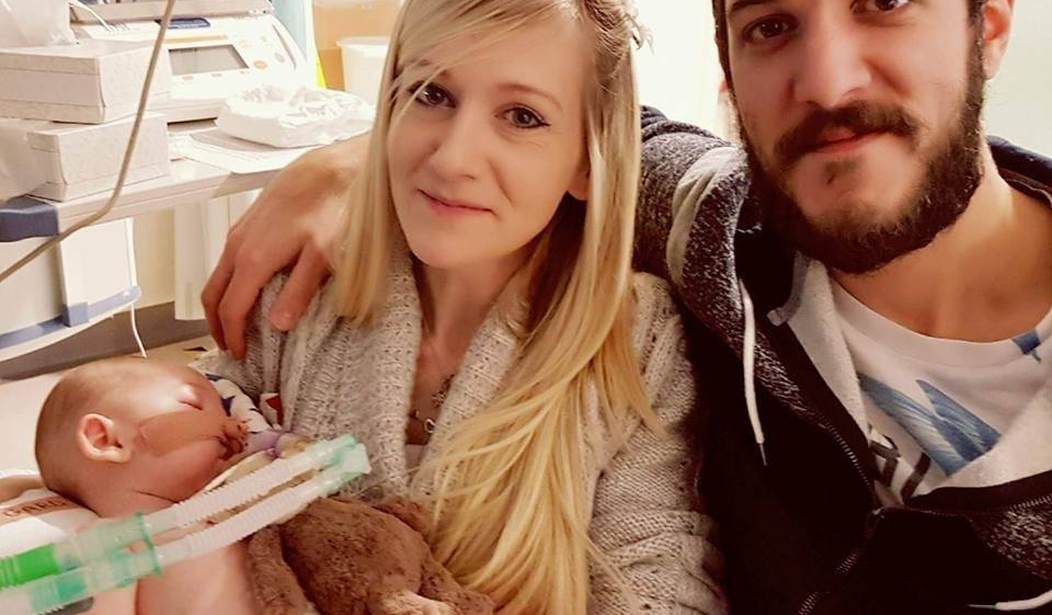I’m sure a lot of people are already aware of the case of Charlie Gard, a 10-month-old infant in Britain who was born with a genetic defect that led to mitochondrial DNA depletion syndrome (MDDA). In MDDA, a defect in the structure of mitochondria (tiny organelles that manage much of a cell’s metabolism and protein synthesis) makes them ineffective, which leads to a fairly quickly progressing wasting disease that is almost inevitably fatal. In Charlie Gard’s case, it has progressed to the point that he requires life support to live.
The National Health Service in the UK concluded there were no further treatments that could be of use (even though there are experimental treatments available in the U.S.) and determined to take him off life support. His parents disagreed — are you surprised? — and raised £1.3 million to pay for his experimental treatment.
Which the British government refused to permit.
That was the point where the story got my attention. I used to have an office down the hall from the pediatric oncology wards at Duke Medical Center: I know only too well that there are kids who are nearly certainly going to die, and that there is very little to be done for some of them. But doctors in the U.S. would be helping the parents to find experimental programs, and might well contribute money to a GoFundMe.
In the UK, however, the authorities at Great Ormond Street Hospital said “Charlie should be allowed to die in dignity” and “applied for permission to have his ventilator switched off.”
Over his parents’ wishes.
The gist of the decision — and the unsuccessful appeals, all the way up to the European Court of Human Rights — was that the doctors at the Great Ormond Street Hospital know better than his parents what’s good for Charlie.
His parents then asked to be able to take Charlie home, so he can at least die at home. That was refused too. I haven’t seen any reasoning for that; it’s hard not to think they’re suspicious his parents wouldn’t let Charlie just die as directed, but would, immediately upon regaining control of their son, flee the country.
While I find the NHS arguing for pulling the plug a little shocking, it’s not surprising: the NHS has had it’s “Liverpool options” and regular scandals over patients whose quick death is encouraged. It’s even almost understandable — the NHS has a finite budget and they have to deal with all their patients, not just Grandma May, although I don’t want to be the person explaining why they aren’t giving grandma IV fluids.
But that’s not the case now: Charlie’s parents have the money to let him be treated in the U.S. The authorities’ only argument is that they simply know better than his parents.
I’ve written before about the secret political party, the Know-Betters, who think that they should be in charge of our transportation, and where we should live, and what we should eat and drink. I can’t help but think that what underlies the NHS’ fight to prevent Charlie Gard from being treated isn’t near as much some notion of mercy as much as rage at the thought that a couple of uncredentialed mere parents are refusing to do what they’re told.










Join the conversation as a VIP Member